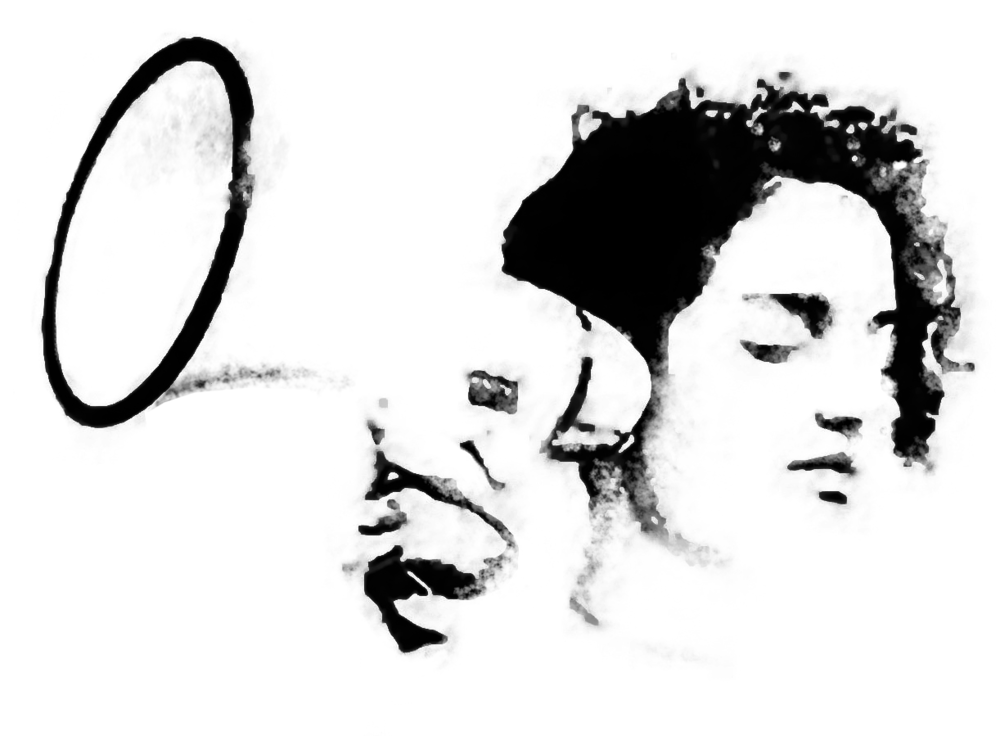About this event:
Based on the assumption that contemporary art education educates critical and committed makers, we investigate what is needed to fruitfully discuss themes such as climate breakdown and eco-criticism with students. The question 'How important is it that the art academy itself is also sustainably organized?' must be addressed in this discussion.
During our lunch event that will be moderated by Chihiro Geuzebroek, we will discuss this subject digitally on Wednesday 12 May at 12:00 with lecturer Suzanne Dhaliwal from the master Ecology Futures (St Joost) and artist collective De Onkruidenier.
Since September the project LAND formed the starting point for Mister Motley and ArtEZ studium generale to discuss topics as climate breakdown, ownership, living together and colonialism with artists and thinkers. Within this project we want to acknowledge that people are part of the world, instead of the other way around.
In LAND, we experienced that we can have a sharp discussion about climate breakdown and our role as humans in it, using the realm of contemporary art as a starting point. What does this actually mean for the artistic practice and especially for the role that art academies play? Should eco-criticism become part of the curriculum at art academies and how would that work?
With:
Suzanne Dhaliwal (Practice tutor in Ecology Futures (MA, St Joost)
Suzanne Dhaliwal is a Climate Justice Creative, Campaigner, Researcher, Lecturer in Environmental Justice and Trainer in Creative Strategies for Decolonisation, voted one of London's most influential people in Environment 2018 by the Evening Standard.
She is currently completing a Research Fellowship at the Centre for Research in Spatial Environmental and Cultural Politics at University of Brighton, researching the role of media and representation in climate justice organising. She is also working as a consultant at Indigenous Climate Action and the Indigenous Environmental Network.
Suzanne teaches the elective module "Ecological Art & Activism" at the MA pathway Ecology Fututres.
De Onkruidenier (Participants Jan van Eyck Academie 2017 - 2019)
In their collaborative practice, De Onkruidenier, Jonmar van Vlijmen, Rosanne van Wijk and Ronald Boer explore forms of symbiosis between the cultural and the natural world. Their practice focusses on wild plants in nature, giving them new meaning in our daily lives, and acting as foraging grocers. Through on-site fieldwork and research, their artistic practice develops new interpretations of the relationship between human and nature, transforming familiar everyday actions of classifying, cultivating, preparing and consuming of plants into experiential narratives.
Chihiro Geuzebroek (moderator)
Chihiro Geuzebroek works to restore and restory our relationship with earth and each other. She does so in the capacity of film, decolonial climate justice activism, campaigning, public speaking, songwriting and spoken word. Subjects tend to orbit around rebuilding native nations and climate justice. She is Director Producer of the feature film Radical Friends, former campaign manager of the political party BIJ1 and co-founder of Climate Liberation Bloc. She is currently working on an Indigenous futurist screenplay situated in the US when the first Indigenous president comes to power. Recently she wrote the theme song for the Shell Must Fall campaign. The video clip will be launched in march 2020. She has also produced two decolonial poetry shows; one in Perdu and one in Pakhuis de Zwijger (2020).

